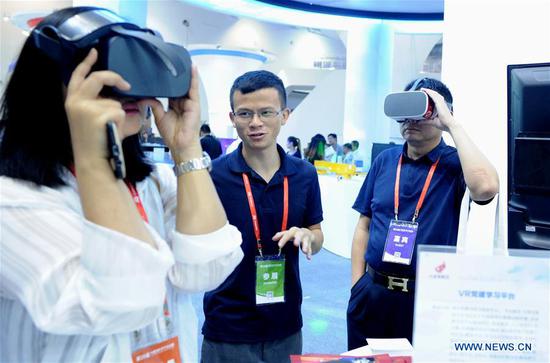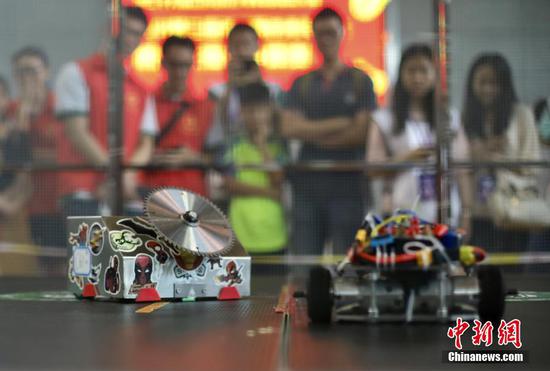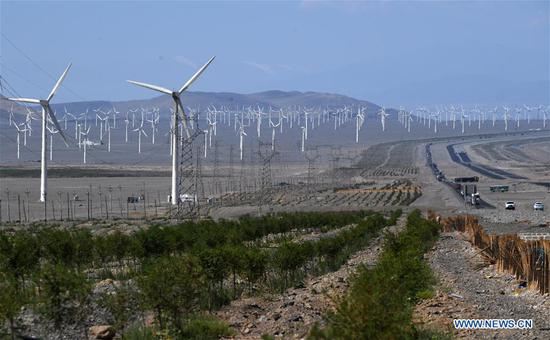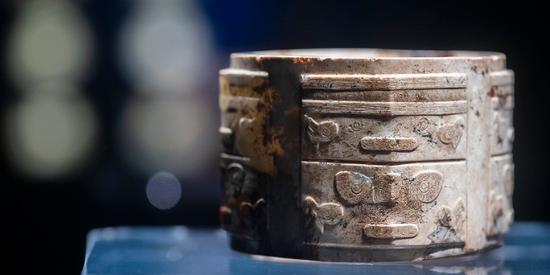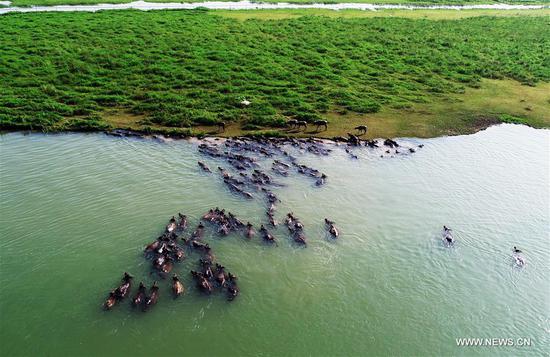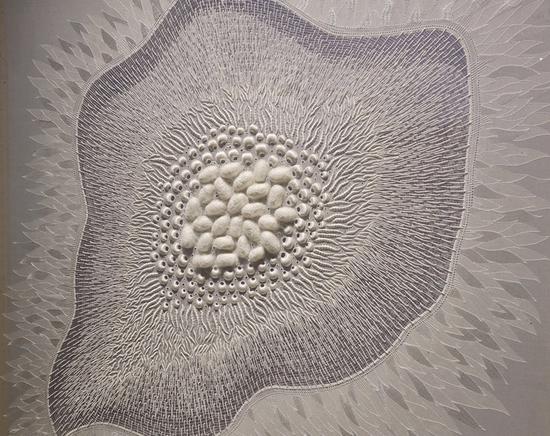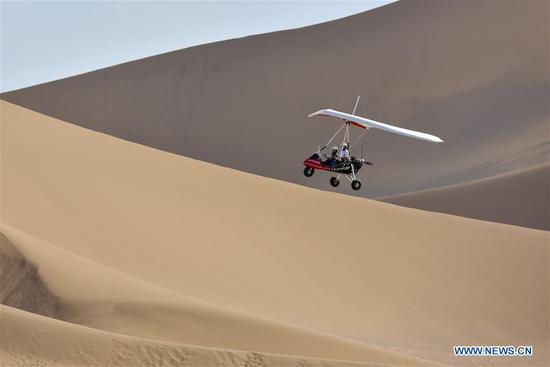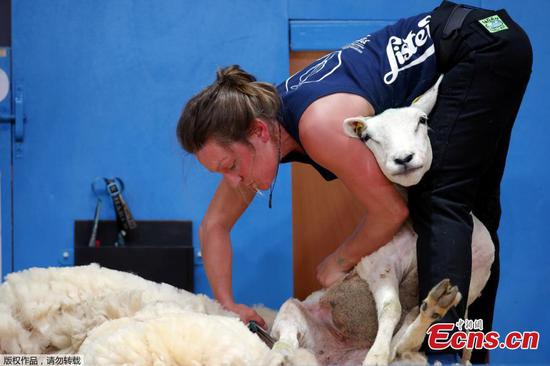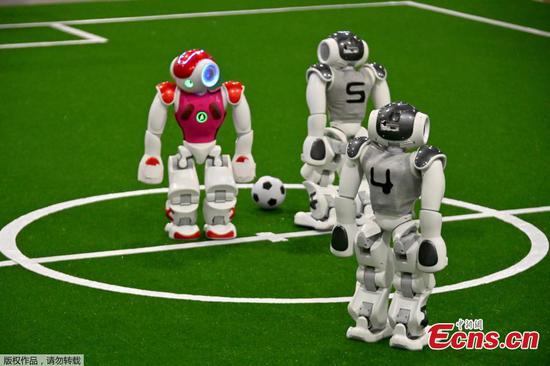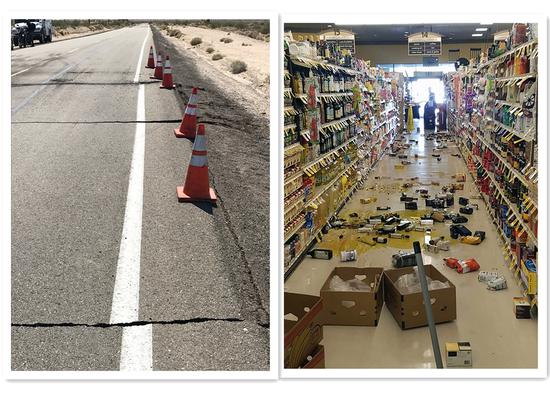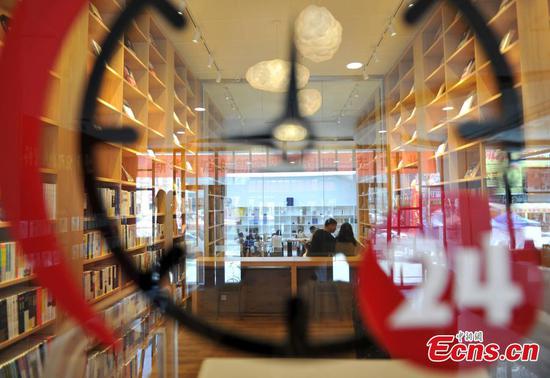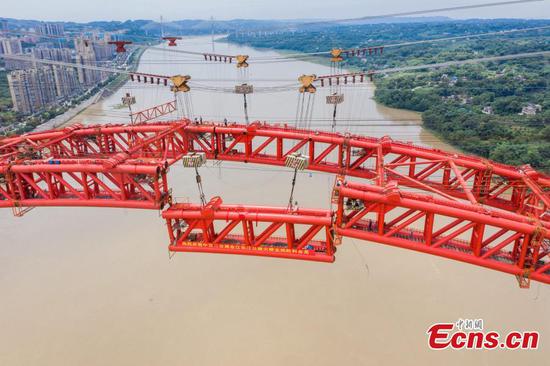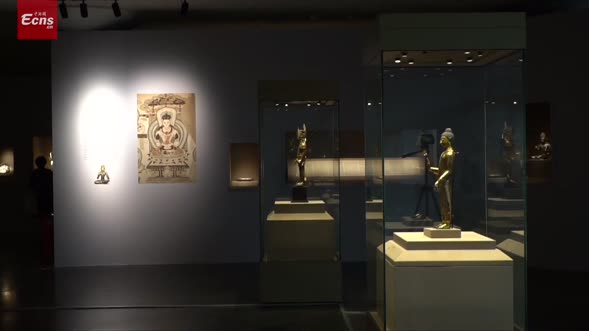With eyes bright, Sun Zezhou, chief designer of China's Chang'e-4 lunar probe, speaks fast but clearly.
"Every time I see the moon, I think how Chinese probes have left permanent footprints on it, especially Chang'e-4, the first spacecraft to soft-land on the far side. As a member of the mission, I'm very proud," said Sun.
Chinese engineers began plans for the Chang'e-1 lunar probe in the 1990s, when Sun joined the team. China only had a monitoring system for near-Earth satellites, and communication with the moon at a distance of 380,000 km was still a big challenge.
"When I first heard the old experts discussing lunar exploration in 1996, I felt the moon was very distant," recalled Sun, who majored in monitoring and communication.
Now Sun's gaze turns to the Red Planet on clear nights.
"Now 380,000 km is no longer far, but 400 million km is a new headache," joked Sun, whose team is developing a Mars probe.
China plans to launch the Mars probe in 2020, and aims to complete orbiting, landing and roving in one mission, an unprecedented achievement.
"This shows China's innovative spirit in space exploration," said Sun.
But Mars is a totally new challenge for Chinese engineers. They have to solve problems such as long-distance monitoring, control and communication between Earth and Mars, as well as how to land.
Since the 1960s, more than 40 Mars missions have been carried out, about half successfully.
Sun's biggest concern is the atmosphere.
"When we were designing the lunar probe, we thought it would be great if the moon had an atmosphere. The probe had to carry lots of propellants. About two-thirds of the takeoff weight was propellants," Sun said.
"But when we started to develop the Mars probe, we found the Mars atmosphere very troublesome. Although we don't need to carry so many propellants, the uncertainty caused by the atmosphere is much more complicated. Sometimes, it relies on luck. "
He used "very troublesome" to describe several difficulties in the development of the Mars probe. But his team has risen to the challenges.
"It is pressure that brings about technological progress," Sun said.
Li Fei, 39, dreamed of space as a child. After studying robotics at Tianjin University, he joined the China Academy of Space Technology in 2009, and became a key member of the Chang'e-3 and Chang'e-4 team.
"Our probe can be seen as a robot. The landing process of Chang'e-4 was totally autonomous. The probe could identify obstacles on the moon. In future space exploration, especially to Mars, Jupiter and even Pluto, communication between the probe and Earth will be longer and more difficult. So we need smarter robots," Li said.
When the team tested the hovering technology of the probe's lander in the suburbs of Beijing in a freezing cold winter, they had to get up at 3 a.m. every day as the instruments on the probe only worked at low temperatures. After the trials each day, they had to analyze the data. This went on for a month.
In the 1960s and 1970s, the lunar landings of the United States were controlled by astronauts, and the lunar probes of the Soviet Union had no hovering and obstacle avoidance technology. China first realized autonomous hovering and obstacle avoidance during the lunar landing process.
A Russian space engineer once told Li that they had replayed the video of the Chang'e-3 landing more than 100 times to study how China did it.
"We had studied the Soviet Union's lunar missions countless times, and now they are learning from us," Li said.
"The greatest joy of deep-space exploration is to discover the unknown, and to contribute to the development of science and technology."
Deep-space exploration is high-risk, said Sun. "We can never stop. There are always new challenges. This is the attraction. If we repeat the same thing many years without challenges, we will lose the meaning of exploration.
"When we successfully land on Mars, we might feel that Jupiter is far away. But as China continues to advance deep-space exploration, Jupiter will become closer and closer."











